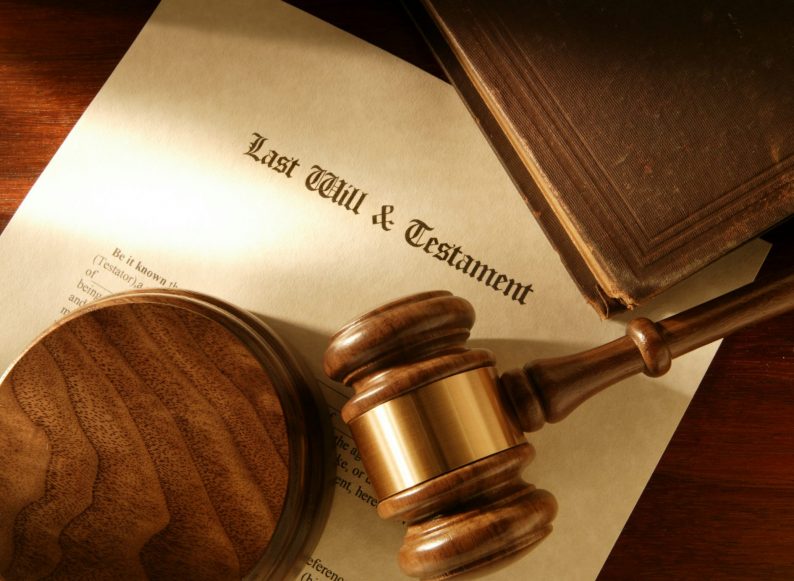
Cremation and organ donation… does your family know your wishes?
One of the first things an executor must do after a person dies is to make arrangements for the funeral, burial or cremation of the deceased person's body.
Read More
Court Authorised Wills
Since 1 March 2008 the Supreme Court has been authorised by sections 18 to 26 inclusive of the Succession Act 2006 to make a will for a person who lacks...
Read More
The Effect of Relationships on Asset Retention
When we marry, are in a de-facto relationship, or other domestic relationship, including a same sex relationship, those relationships impact on what happens to our assets when we separate or...
Read More
Banking inactivity can eliminate an estate
In recent news there was a report of a man aged 88 years who died with an estate worth $2.42 million, accumulated from a frugal existence of saving all spare...
Read More
A Will is NOT “One Size Fits All”
When it comes to something as important as your Will, you need to have a Will that is customised and "tailored to fit" you and your individual circumstances. It's often...
Read More
Remember Brett Whiteley? Great artist but a terrible “would-be-lawyer”
After Brett Whiteley and his former wife, Wendy, finalised their long and bitterly contested family law property settlement, Brett decided to try his hand at a “do-it-yourself Will” in order...
Read More
Estate Planning and Enduring Powers of Attorney: what can your attorney really do?
Many Australians operate businesses or hold assets in family discretionary trusts. The trustees of the trust can be individuals or a company. If the trustee is a company, its directors...
Read More
Who is included in a gift to your “children” in your Will?
It is common for parents to make provision for their children in their Wills as a group. Such a gift is known as a “class gift”.... find out more by...
Read More
What if I don’t want my children to receive a share of my estate until they reach a certain age?
This is a particularly complex area of Will drafting. Certain wording can mean your children receive an “expectant share” in your estate when you die, but only take “possession” of...
Read More
Unsigned Wills – When Intention is Everything
Generally, for a Will to be valid it needs to be signed by a Willmaker (testator) in the presence of two witnesses, who should also sign at the same time....
Read MoreCategories
- Battle of Wills video series
- Personal law
- Business law
- Family Law
- Criminal law
- Employment
- Commercial litigation
- Conveyancing & property
- Debt recovery
- Wills & estates
- Contested wills & estates
- Claims
- Workers compensation
- Estate planning
- Elder law
- Business contracts
- Defamation
- Franchising
- Building & construction
- Motor vehicle accidents
- Firm news
- Videos

 Liability limited by a scheme approved under Professional Standards Legislation
Liability limited by a scheme approved under Professional Standards Legislation